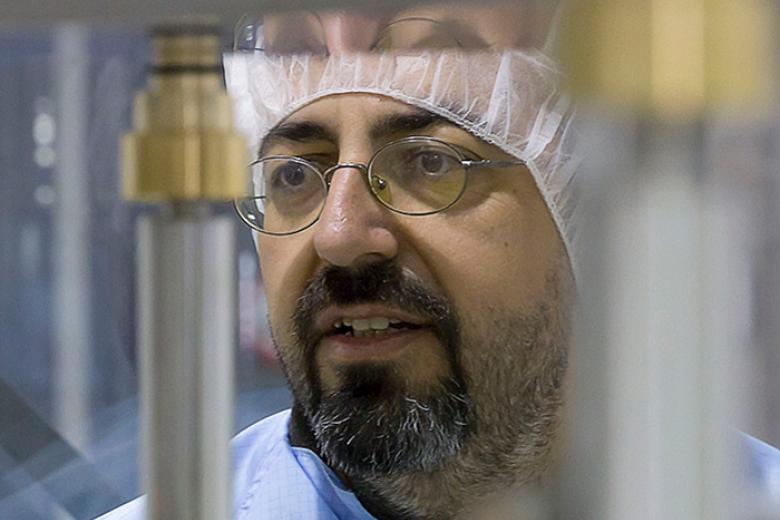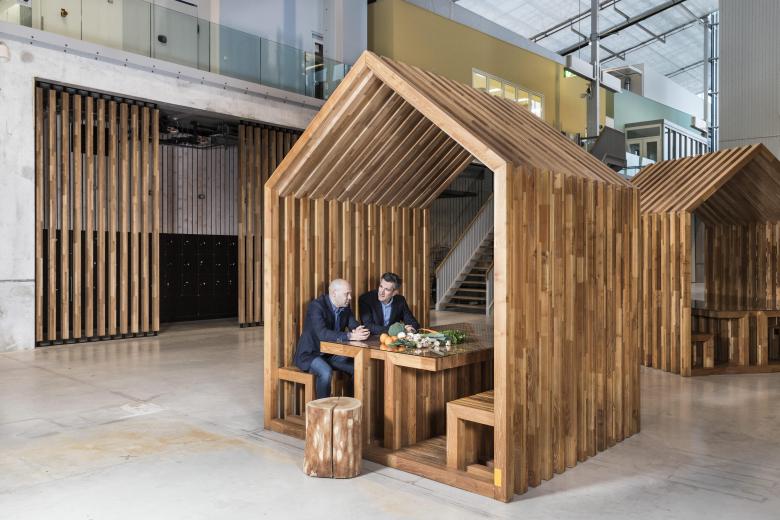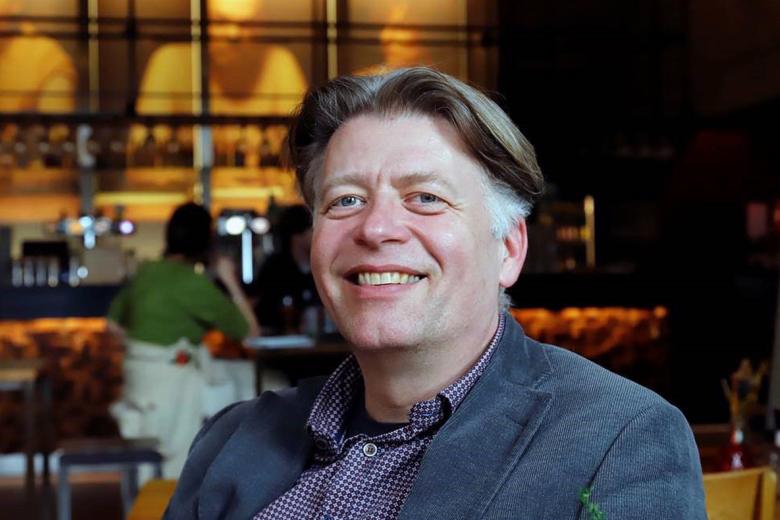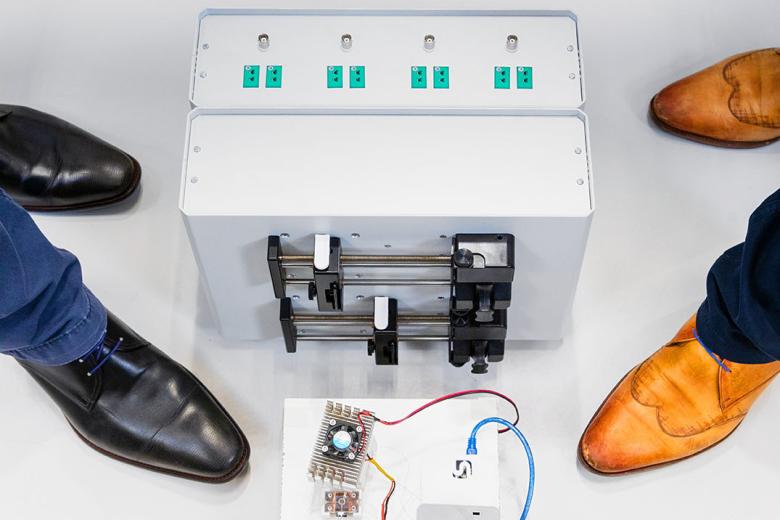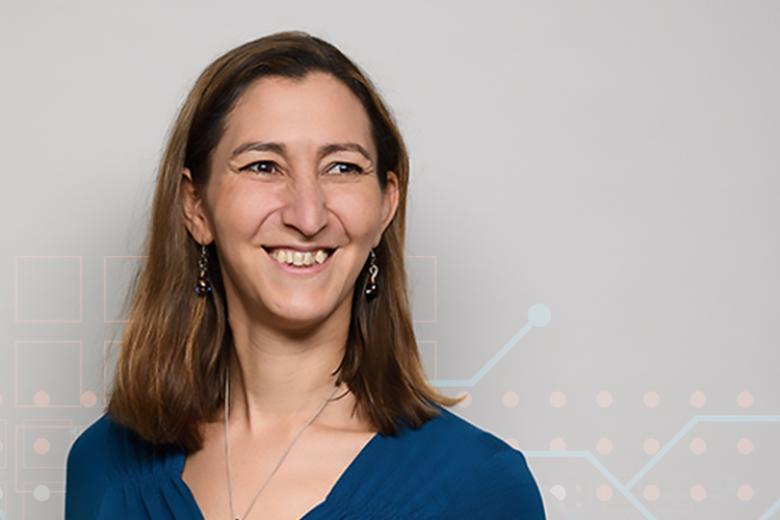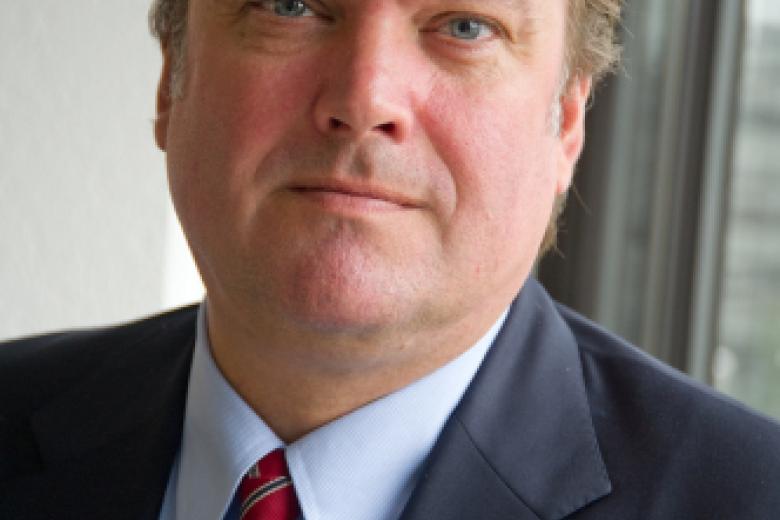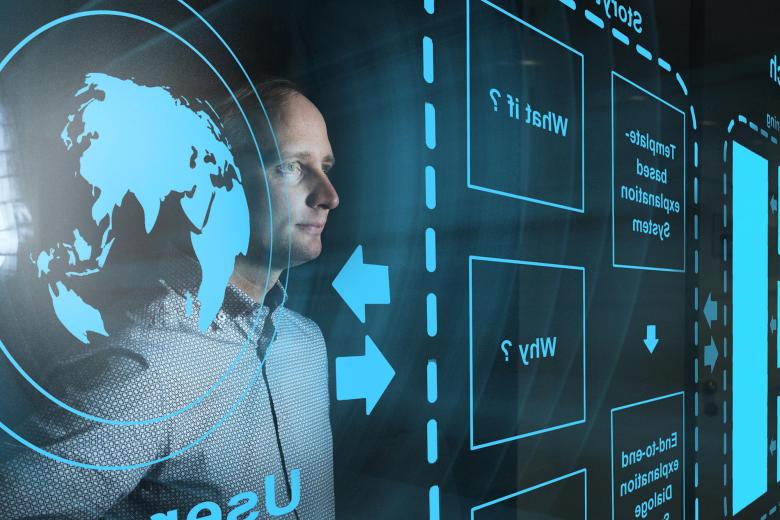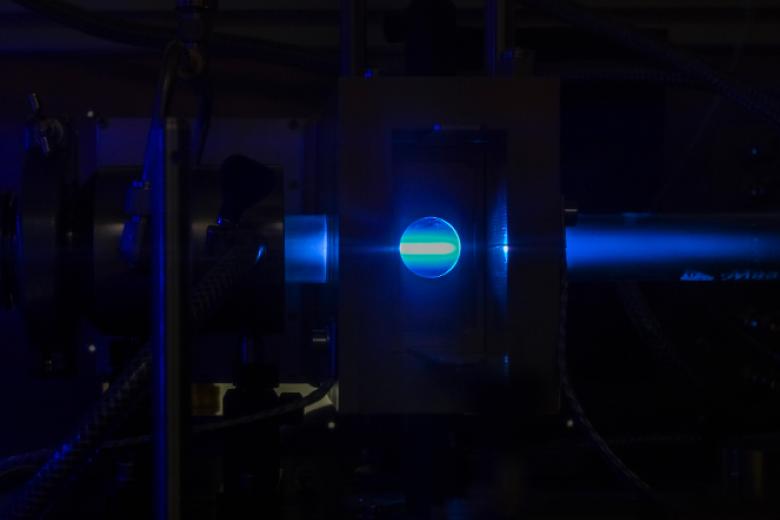Alessandro Bertolini, the scientist who studies and loves quietness
Alessandro Bertolini, an experimental physicist, will be appointed endowed professor of Gravitational Wave Detection Technologies at Maastricht University on September 1. Bertolini is a world-renowned expert in vibration isolation research. His task will be to keep the mirrors of the Einstein...
